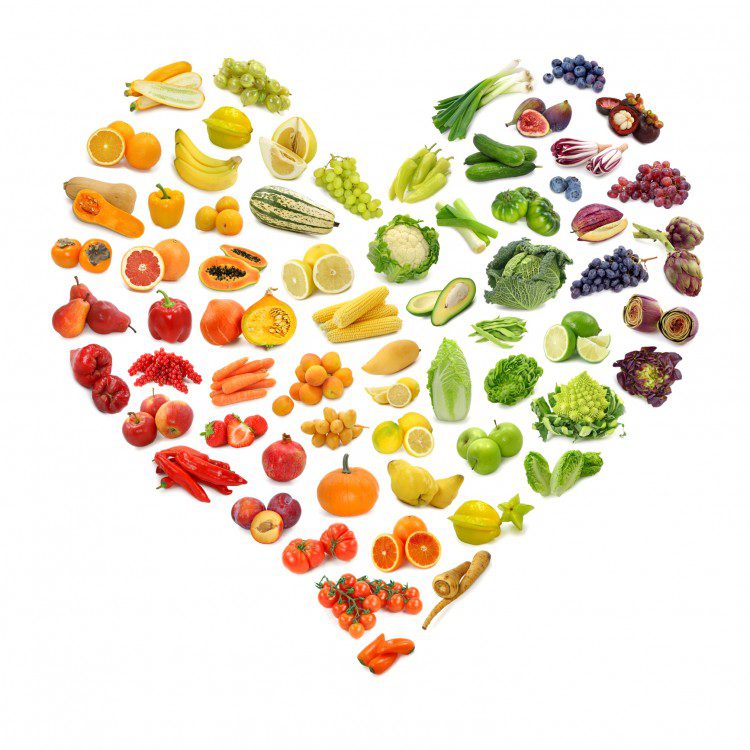Want to cook up a plan to keep your immune system in tip-top shape? Some experts believe that even slight deficiencies in certain nutrients can lower our defenses. hile an apple a day is a good start, it definitely takes a bigger — and brighter — cornucopia to boost your disease-fighting ability. Here below are natural best foods to boost immunity.
Quick, Don’t Get Sick!
We’ve all been there: We feel a cold coming on, so we start popping megadoses of vitamin C. We’ve been doing it for decades even though there’s little evidence to suggest it will keep us from getting sick. According to the Cochrane Database of Systematic Reviews, which looked at 30 trials involving a total of 11,350 participants,vitamin C had no effect on how often people caught colds. It did slightly reduce the cold’s duration — by 8 percent, or roughly 9.5 hours for a five-day illness — but only if taken before symptoms arose.
However, a Canadian over-the-counter pill (available in the U.S.) called COLD-fX, made from North American ginseng, has shown dramatic results. Healthy people reduced their risk of colds by 56 percent, the severity by 31 percent and duration by 35 percent. And in nursing home seniors, it reduced their risk of the flu by 89 percent. The only downside: You have to take it twice a day for the entire cold and flu season (four months).
Color of Health
A healthy diet full of antioxidant-rich fruits and vegetables is a vital part of a well-functioning immune system. Antioxidants are food-based chemicals, such as vitamins and minerals, that neutralize free radicals in our bloodstream. Free radicals — toxic by-products of digestion, pollution and cigarette smoke — damage DNA, cause many types of cancer and suppress the immune system.
Eating fortified, processed foods, supplemented with a multivitamin, might get you all of the vitamins you need, but, explains Joel Fuhrman, MD, author of Eat for Health and Eat to Live, we’re depriving ourselves of thousands of micronutrients that we haven’t even discovered yet. “It’s very hard to duplicate Mother Nature,” he says. “More than half of the micronutrients in plants are phytochemicals, not vitamins.” Phytochemicals are compounds produced by plants to protect themselves from environmental stresses like UV damage. Research shows that by eating foods rich in phytochemicals, we can boost our health as well. According to Dr. Fuhrman, these chemicals keep our cells from aging, while some even cause cancer cells to self-destruct. A few of the heavy hitters you’ve probably heard of include lycopene (tomatoes), polyphenols (tea) and resveratrol (grapes). Broccoli and other cruciferous vegetables, like cabbage, brussels sprouts and cauliflower, contain some of the most powerful cancer fighters that we know of — actually shrinking tumors in laboratory experiments.
For the best protection, David Katz, MD, MPH, director of the Yale University Prevention Center, and Dr. Fuhrman recommend eating a wide variety of fruits and vegetables that cover the entire color spectrum. “Foods work together to maximize immune function, which then prolongs health and helps prevent chronic disease,” Dr. Fuhrman says.
Good Fat, Bad Fat
To beef up your immune system, try to reduce the amount of red meat and saturated fat that you eat, and replace them with fish and omega-3 fatty acids, recommends Charles Stephensen, PhD, a research scientist with the USDA at the Western Human Nutrition Research Center. “Saturated fats activate the immune system, promote inflammation and are associated with increased cardiovascular risk,” Dr. Stephensen says.
Inflammation occurs when the immune system senses an intruder, so in a sense, these fats make the body think there’s an invader that has to be isolated and wiped out. Chronic inflammation can result in Alzheimer’s, diabetes, heart disease and arthritis.
“Omega-3s, on the other hand, seem to have the opposite effect on the immune system,” Dr. Stephensen says. Eating fatty fish or taking a fish oil supplement (one to two grams a day) reduces levels of inflammation in the body.
D Is for Defense
When we talk about boosting the immune system, what we’re really discussing is making it run optimally, Dr. Stephensen says. Once an infection or virus is gone, the immune system needs to be able to stop its attack. An overactive response can lead to autoimmune diseases, where the body turns on itself, attacking its own tissue as if it were a foreign threat. Some examples are rheumatoid arthritis, type 1 diabetes and lupus. According to Dr. Stephensen, it is now suspected that a vitamin D deficiency may increase our risk of flu and worsen the effects of autoimmune diseases. “Vitamin D can act directly on the immune system. It seems to be able to protect against bacterial infections and regulate our immune response. A deficiency allows an overstimulation of the system,” he explains.
Vitamin D is produced in our body when our skin absorbs the sun’s ultraviolet rays. Because it’s present in very few foods, and sunscreen blocks the sun’s effects, it’s very difficult to get your daily recommended dose. In fact, a recent study published in the Archives of Internal Medicine reports that 75 percent of U.S. teenagers and adults are vitamin D deficient. What’s more, Dr. Stephensen says that the recommended daily allowance, which ranges from 200 to 600 IU, depending on your age, may be too low. Thomas Morledge, MD, of the Center for Integrative Medicine at the Cleveland Clinic,recommends aiming for 1,000 IU daily. Although higher doses may be needed, this should be guided by your doctor. Good sources include fortified milk and fish; a 3.5-ounce serving of salmon contains 360 IU, while a glass of milk has about 100 IU. Ten minutes of sun (sans sunscreen) is also a good source of vitamin D. That said, Dr. Morledge recommends that everyone take a vitamin D supplement since it’s unlikely you will get your required daily allowance through food and limited, unprotected sun exposure.




